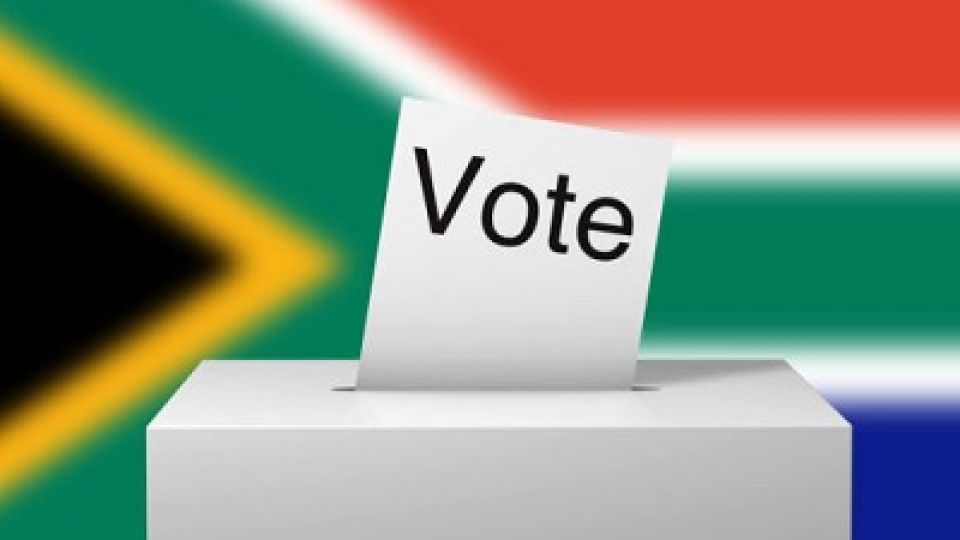from ADANE BIKILA in Addis Ababa, Ethiopia
Ethiopia Bureau
ADDIS ABABA, (CAJ News) – AHEAD of numerous elections across the continent, the Collaboration on International Information and Communications Technology (ICT) Policy for East and Southern Africa (CIPESA) has partnered with Digital Action to support work on tech accountability in Sub-Saharan Africa.
This support will be channelled through the Tech Accountability Fund, which will be administered under the auspices of the Africa Digital Rights Fund (ADRF).
The year 2024 is hailed as the Year of Democracy.
African countries comprising Algeria, Botswana, Chad, Comoros, Ghana, Guinea Bissau, Mali, Mauritania, Mauritius, Mozambique, Namibia, Rwanda, Senegal, South Africa, South Sudan and Tunisia, are headed to the polls during the course of the year.
In 2022, Africa had around 570 million internet users, of which 384 million (67 percent) were social media users.
These users, most of whom are the youth, are increasingly using social media applications such as WhatsApp, Facebook, Twitter, YouTube, Instagram and TikTok for content creation and entertainment, business, advertising and entrepreneurship, communication and connection, education and learning, civic engagement and activism.
“As the users increase, reports from social media companies indicate the rise of harmful, illegal or offensive content on the platforms,” CIPESA stated.
In response, social media companies have employed various measures to review, screen, and filter content to ensure it meets their community guidelines or policies and does not adversely affect the user experience on the platforms.
The content moderation tools and techniques applied include keyword filtering, machine learning algorithms and human review.
“Despite these efforts, the inadequacy of the measures undertaken by social media platforms and social networking sites in moderating illegal, harmful or offensive content has increasingly been questioned,” CIPESA noted.
In Ethiopia for instance, social media companies have been accused of not doing enough to moderate such content, which has gone on to cause real-world harm, such as fuelling killings.
Platforms such as Facebook and Twitter are accused of deploying minuscule resources and measures in content moderation in Africa, relative to investments in the United States and Europe.
– CAJ News

